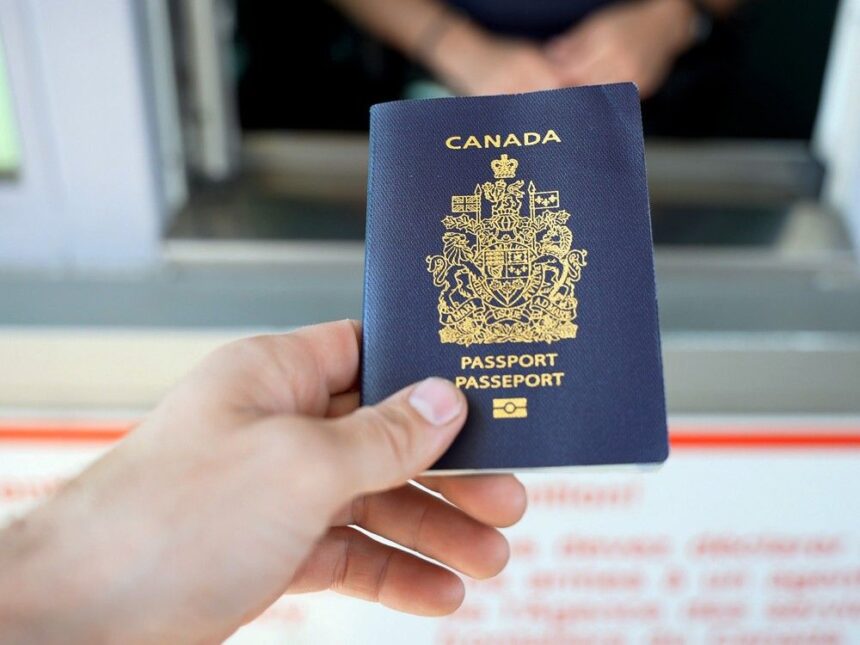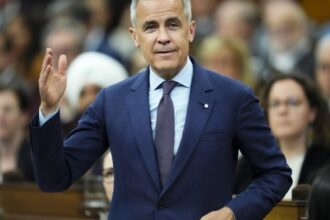In an unprecedented move that underscores growing tensions over gender identity policies, Global Affairs Canada has issued a travel advisory for Canadians with gender-neutral passports traveling to the United States. The advisory, released Wednesday, comes amid mounting concern that U.S. border authorities may not recognize the “X” gender marker now available on Canadian passports.
“We’re seeing a troubling pattern of inconsistency at U.S. border crossings,” said Canadian Foreign Affairs Minister Mélanie Joly in a statement obtained by CO24. “Our government is committed to protecting the rights and dignity of all Canadians abroad, regardless of how they identify.”
The advisory specifically warns Canadians with “X” gender markers that they “may face additional scrutiny” and potential entry complications when attempting to cross into the United States. This marks the first time Canada has issued travel guidance specifically addressing gender identity documentation concerns for a major ally.
Since 2017, Canada has offered “X” as an alternative to “M” or “F” on passports and other federal documentation, allowing citizens who don’t identify as exclusively male or female to have identification that better reflects their gender identity. According to Canada News data, approximately 5,700 Canadians now hold passports with the “X” designation.
The U.S. State Department began offering similar gender-neutral passport options in April 2022, but implementation across various federal agencies has been inconsistent. Border agents, who operate under Department of Homeland Security protocols, have reportedly applied varying standards when processing travelers with non-binary documentation.
“This isn’t about politics—it’s about ensuring predictable, respectful treatment for all Canadian citizens,” said Helen Kennedy, executive director of Egale Canada, a national LGBTQ2+ advocacy organization. “When documentation is legally issued by the Canadian government, we expect our closest neighbor and trading partner to honor it.”
The advisory recommends that affected travelers consider carrying additional identification and be prepared for potential delays. It also establishes a dedicated email address for Canadians to report difficulties encountered at U.S. border crossings related to gender markers on travel documents.
U.S. Customs and Border Protection responded with a brief statement, saying the agency “is committed to treating all travelers with respect and dignity,” while noting that “security protocols require verification of all traveler documentation regardless of gender identity.”
The situation highlights growing policy divergence between the two nations on gender identity issues. While Canada has moved toward greater legal recognition of non-binary identities across federal and provincial systems, the U.S. approach varies significantly by state and federal department, creating a complex patchwork of recognition.
“This advisory reflects the reality that even between close allies, significant differences in social policy can create practical challenges for citizens,” explained Dr. Miranda Robinson, professor of international relations at the University of Toronto. “What’s interesting here is that Canada is effectively acknowledging that progressive policies at home don’t automatically translate to smooth experiences abroad.”
The Canadian government has emphasized that the advisory is not meant to discourage travel but rather to ensure Canadians can make informed decisions. Officials from both countries are reportedly in discussions to establish clearer protocols for handling gender-neutral documentation at border crossings.
As nations worldwide increasingly adopt third-gender options on official documentation, will this border friction between Canada and the U.S. serve as a case study for how international travel systems adapt to evolving understandings of gender identity?










